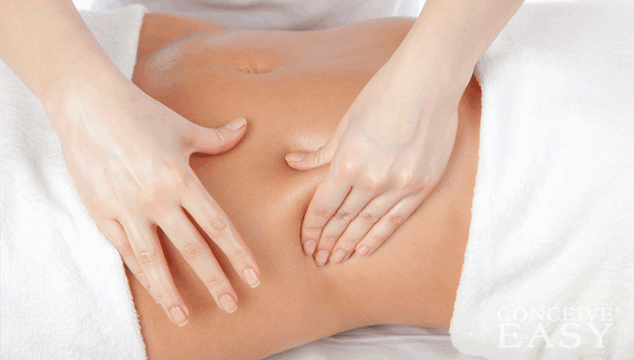![]() The information provided by our expert should not constitute a diagnosis of your condition. Always consult a medical practitioner or healthcare provider for a formal diagnosis. By making use of this content, you agree that ConceiveEasy and the expert assume no liability.
The information provided by our expert should not constitute a diagnosis of your condition. Always consult a medical practitioner or healthcare provider for a formal diagnosis. By making use of this content, you agree that ConceiveEasy and the expert assume no liability.
Femoral massage is one of those things that very few people have heard of, which means that not too many people have gotten to reap the benefits of this alternative fertility technique. Femoral massage is sometimes associated along the lines of fertility acupuncture therapy, castor oil packs, meditation, and other often forgotten about treatments for infertility. These alternative treatments are gaining in popularity, which is good news. Claim Your 20 Free Pregnancy Tests – Click Here

Femoral massage is a fertility massage technique that women can do by themselves. It doesn’t have to be done by a doctor, and you don’t even have to leave home to do it. Femoral massage is sometimes referred to as “self-massage” or “self fertility massage” as well. There are so many different benefits to femoral massage, they are often overlooked or forgotten about. It’s crazy to think that in some rare cases, women who have Polycystic Ovarian Syndrome have actually had their cysts break down and disappear all thanks to femoral massage. For women who have a tilted uterus, this self massage technique can also help to re-position the tilted uterus and put it back into the proper place.

There are so many benefits to femoral massage, it is hard to list them all in one place. Femoral massage can help to remove useless tissues. Often times, useless tissues are tissues that are left over from previous periods or pelvic injuries. Femoral massage is helpful for maintaining hormonal balance and keeping everything at the appropriate levels.
It’s also great for improving blood circulation to the reproductive organs, which can help to get everything moving in the right direction again. Some say that femoral massage can even improve egg health because it can help oxygen flow correctly to the eggs and the ovaries when the eggs are developing. Femoral massage can also help to reduce clotting during the menstrual cycle, and can assist the liver with detoxifying the body. If you suffer from bloating or water retention, fertility massage can also help with these issues as well.

Before we talk about how to perform a fertility massage, it’s important to remember that you should never do the massage while you are pregnant or when you think that you might be pregnant. If you are trying to conceive, and you are doing femoral massage, it’s important to also remember that you should not do a fertility massage during the luteal phase. The luteal phase is the time after ovulation, until your period starts. So, it is indeed safe to do femoral massage during the follicular phase, which is from the time your period ends up until ovulation.

First of all, before you perform a fertility massage, you have to locate your reproductive organs. By laying on your back, you can usually make a triangle with your hands at your pubic bone to locate the majority of the reproductive organs. There are also many YouTube videos online to help with this. To perform the massage, you press down on the area between the abdomen and the pelvic region. (Where the leg meets the abdomen area). You hold down both thumbs until the blood flow stops, usually for around 30-40 seconds. Then, once you release your fingers, you will feel the blood flow back into the organs, causing a warm rushing feeling. You can perform femoral massage three times on each side, two times per day, from the time your period ends until you ovulate. Check out YouTube for some simple, easy to follow videos on how to perform femoral massage.










Comments